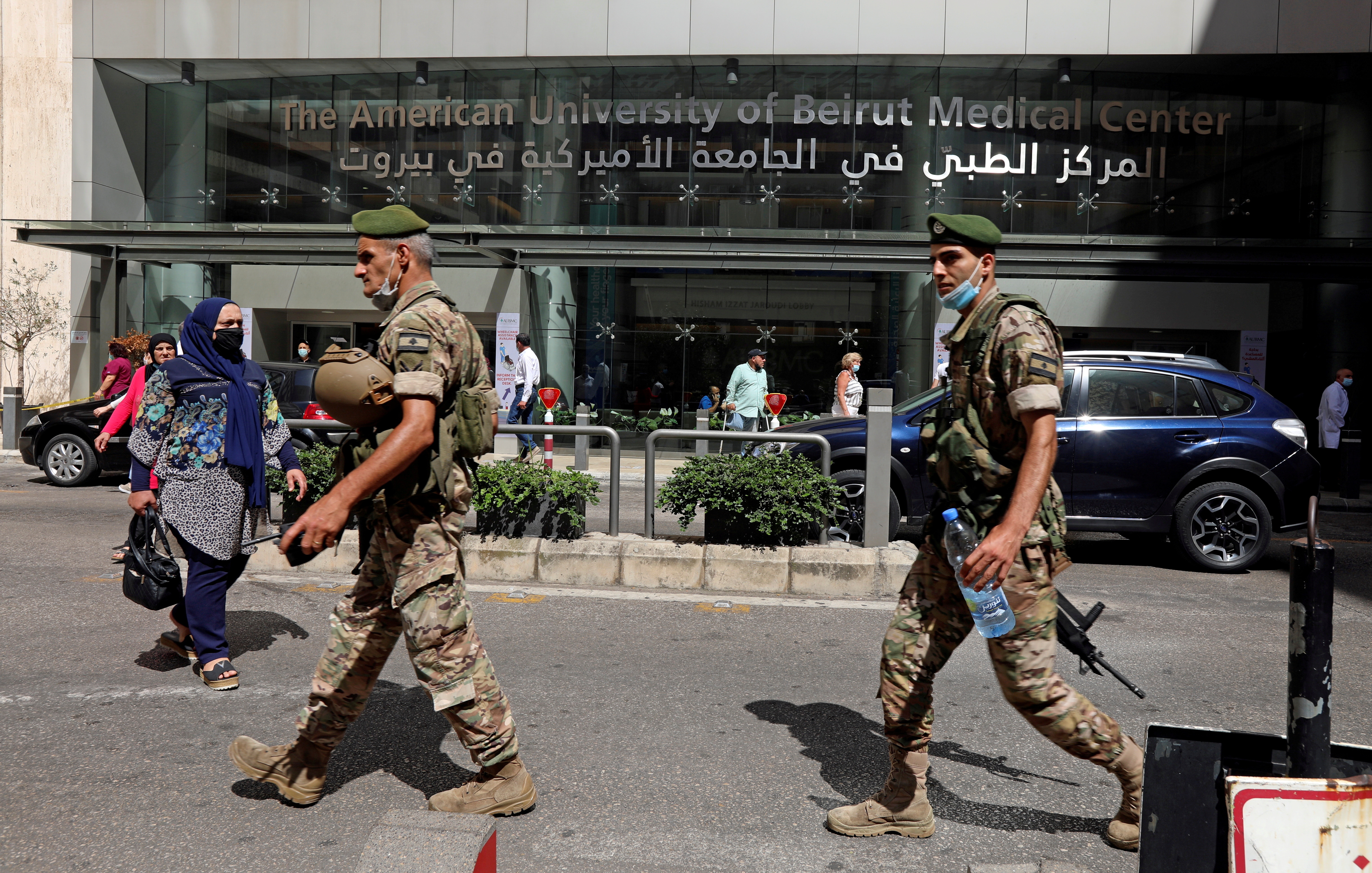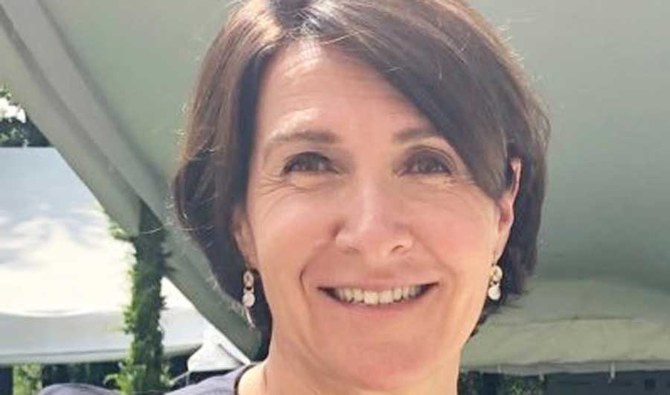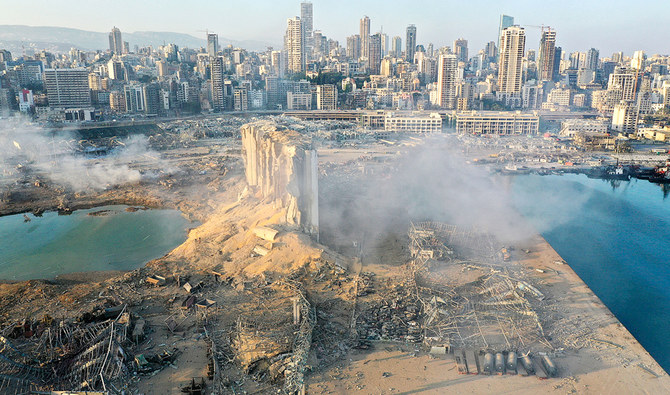
Beirut (AFP) The French and US envoys to Lebanon are to visit Saudi Arabia, France’s embassy said Wednesday, an unusual move amid international pressure to lift Lebanon out of a roiling political and economic crisis. The visit Thursday comes as Lebanese battle shortages and price hikes on basic goods in what the World Bank has called one of the world’s worst economic crises since the 1850s. World powers have demanded a new government before any financial aid to the cash-strapped nation, but for around 11 months Lebanese politicians have failed to agree on a line-up. “The (French) ambassador will explain how urgent it is that Lebanese officials form a credible and effective government to work on implementing necessary reforms,” the embassy said.
The French envoy would, “with her American counterpart, express France and United States’ desire to exert pressure on those responsable for the deadlock”, it said. Last month the top diplomats of the United States, France and Saudi Arabia jointly urged Lebanon’s squabbling leaders to come together. US Secretary of State Antony Blinken held an impromptu meeting with his Saudi and French counterparts in Italy on the sidelines of talks of the Group of 20 major economies. They discussed “the need for Lebanon’s political leaders to show real leadership by implementing overdue reforms to stabilise the economy and provide the Lebanese people with much-needed relief,” Blinken wrote on Twitter. Saudi Arabia has remained largely out of the current Lebanese political crisis, in contrast with past approaches.









